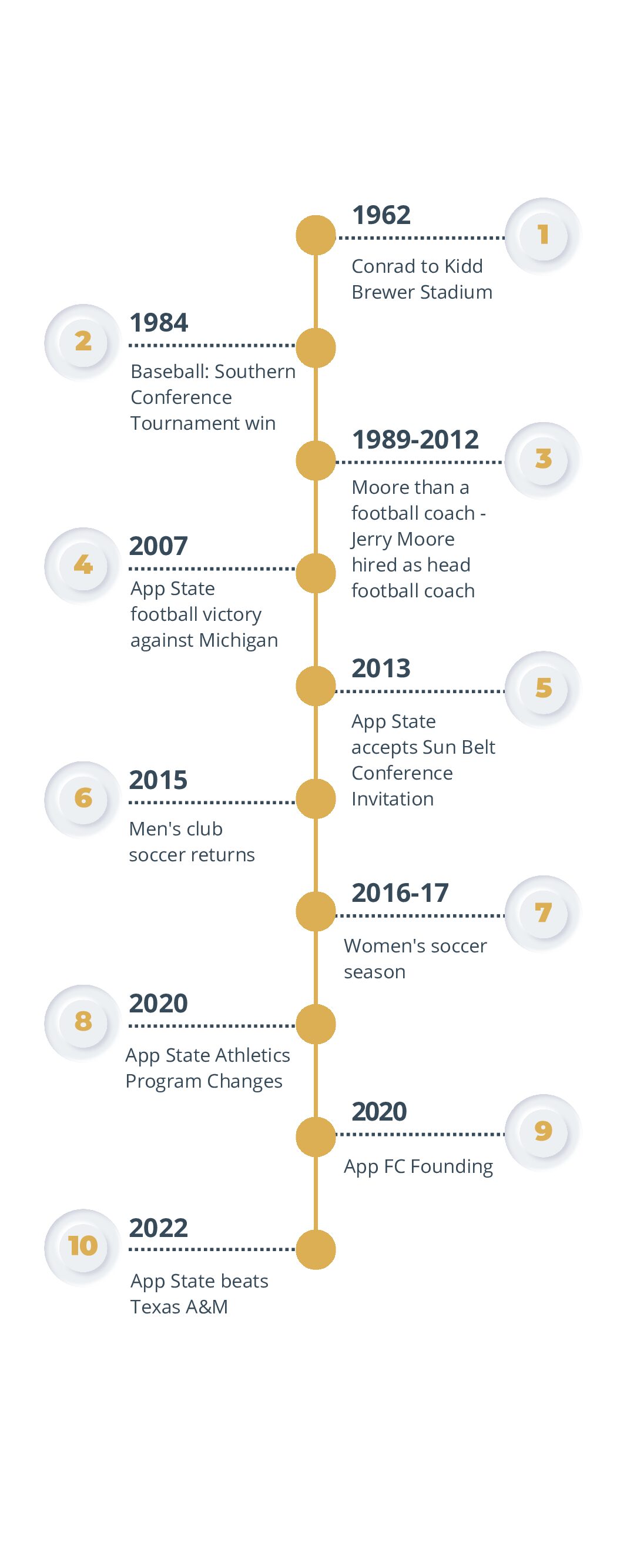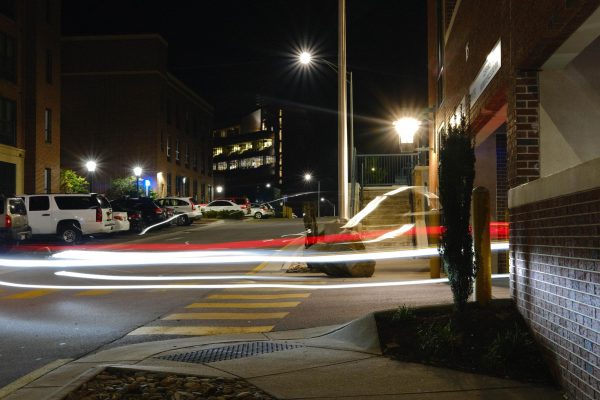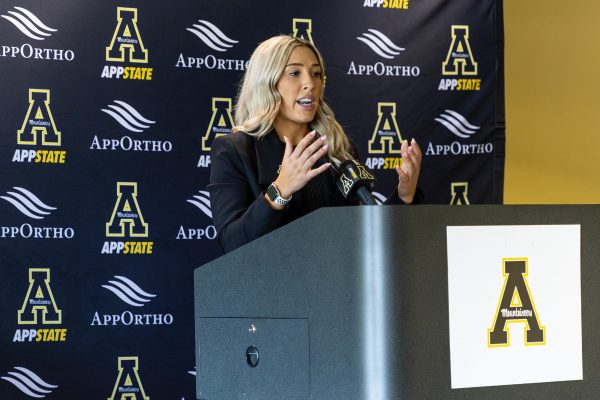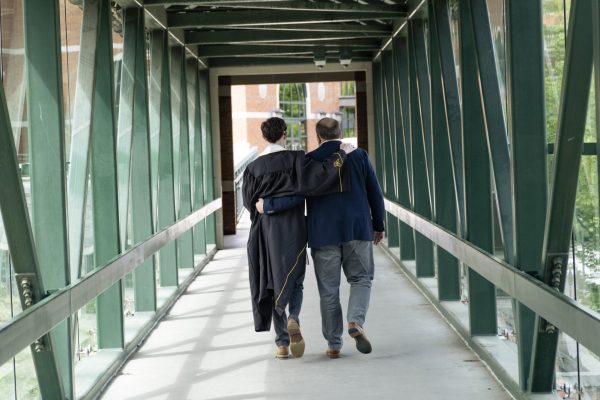Last week, I covered a speech and book signing by Susan Cernyak-Spatz, an Auschwitz survivor and former UNC Charlotte professor.
After the speech, many people stayed not just to get their books signed, but also to meet her. A man in the crowd standing near me said that he just wanted to hug her.
I was able to get her signature on a blank sheet of paper. At the top of the page, above her name and the date, she wrote the words “Never Forget.”
Since the anniversary of 9/11 was only the week before, that phrase was quite familiar to me.
It strikes me as an incredibly hollow act, that on those “never forget” occasions, we never seem to do much serious contemplation. Sure, there is a rehashing of grief or sorrow, but there is little critical reflection about what these events say about us as people.
So, while I have become cynical about that phrase, seeing it used by a Holocaust survivor did reawaken for me the legitimate value of that sentiment.
Certainly, we all need to “never forget” the Holocaust. There are few events in human history that provide the important lessons in a ranges of issues, from the nature of mass psychology to the toxicity of prejudicial hatred.
Yet, this is another event that we as Americans like to talk about in superficial terms. In our conventional narrative, we love to see ourselves as the heroes of that war. Not that this is entirely unwarranted; we were part of the force that eventually liberated the camp.
But there is another part of the story we leave out. The part where we did little about the anti-Jewish activity of Nazi Germany in the decade of the war.
Susan Cernyak-Spatz spoke about the “indifference” of the free world during the Holocaust.
There was the MS St. Louis, a ship carrying 937 Jewish refugees, which was turned away by the United States. Many of the passengers were able to find sanctuary in other countries while 254 died in the Holocaust.
Several months earlier, a proposed bill which would have allowed 20,000 additional Jewish children into the United States failed in congress.
These are not the events that we talk about when we look back to that era in our history, but they are true nonetheless, and they say something about us as a nation and a people.
But there are more pressing examples of how our inability to learn the lessons of that era are having an impact.
One is the Syrian refugee crisis. Both in this country and in Europe, we have seen hesitance to address the problem that is largely motivated by xenophobia, the fear of allowing “those people” into our country. After all, they’re all terrorists.
Of course, negative attitudes toward Jews played a similar role in our refusal to aid Jewish refugees. This is not to say that the Syrian Civil War is the equivalent of the Holocaust, but it does show the horrors that take place when we allow ourselves to see others as less than human.
Another prime example is happening on the domestic political stage. We now have a candidate for president who is succeeding largely on the basis of his belligerence and ability to capitalize on fear of immigrants. This type of rhetoric is always dangerous and ugly, whatever the specific consequences. At a minimum, it makes life even worse for people who are already face significant challenges.
His policy proposals are often either vague or non-existent, but his ability to tap into populist rage has allowed him to do quite well. If there is another lesson we should all learn from the Nazi era, it is to be skeptical of leaders who succeed by appealing to the worst in us.
I am not saying that this will lead to a second Holocaust. All this means is that engaging in these type of tactics and getting swept up in this fervor erodes our humanity and diverts from the real problems we face.
When Cernyak-Spatz was asked what lessons people today should take from the Holocaust, she said “critical thinking.”
That, I think, is our debt to the victims of the Holocaust. Indeed, it is our debt to the victims of all tragedies. Not just memorials and lip service, but a real effort to honestly deal with these issues, including the parts which indict us as a people.
The circumstances of the moment provide us with yet another opportunity to make good on that debt. I hope we don’t blow it.
Griffin, a senior journalism major from Madison, is an opinion writer.












